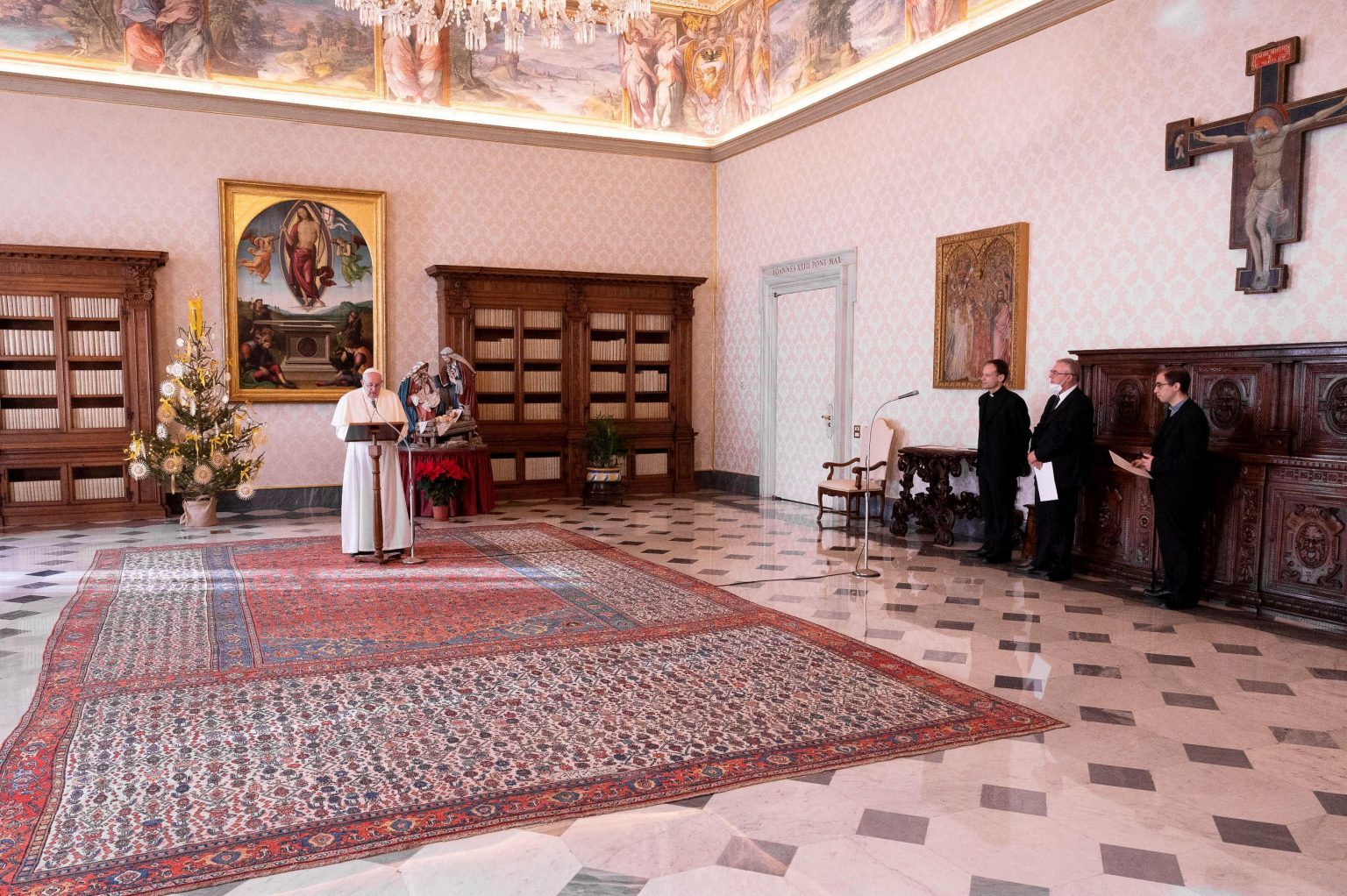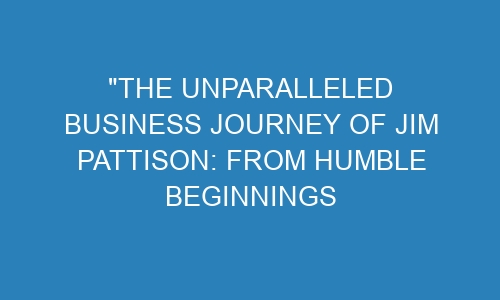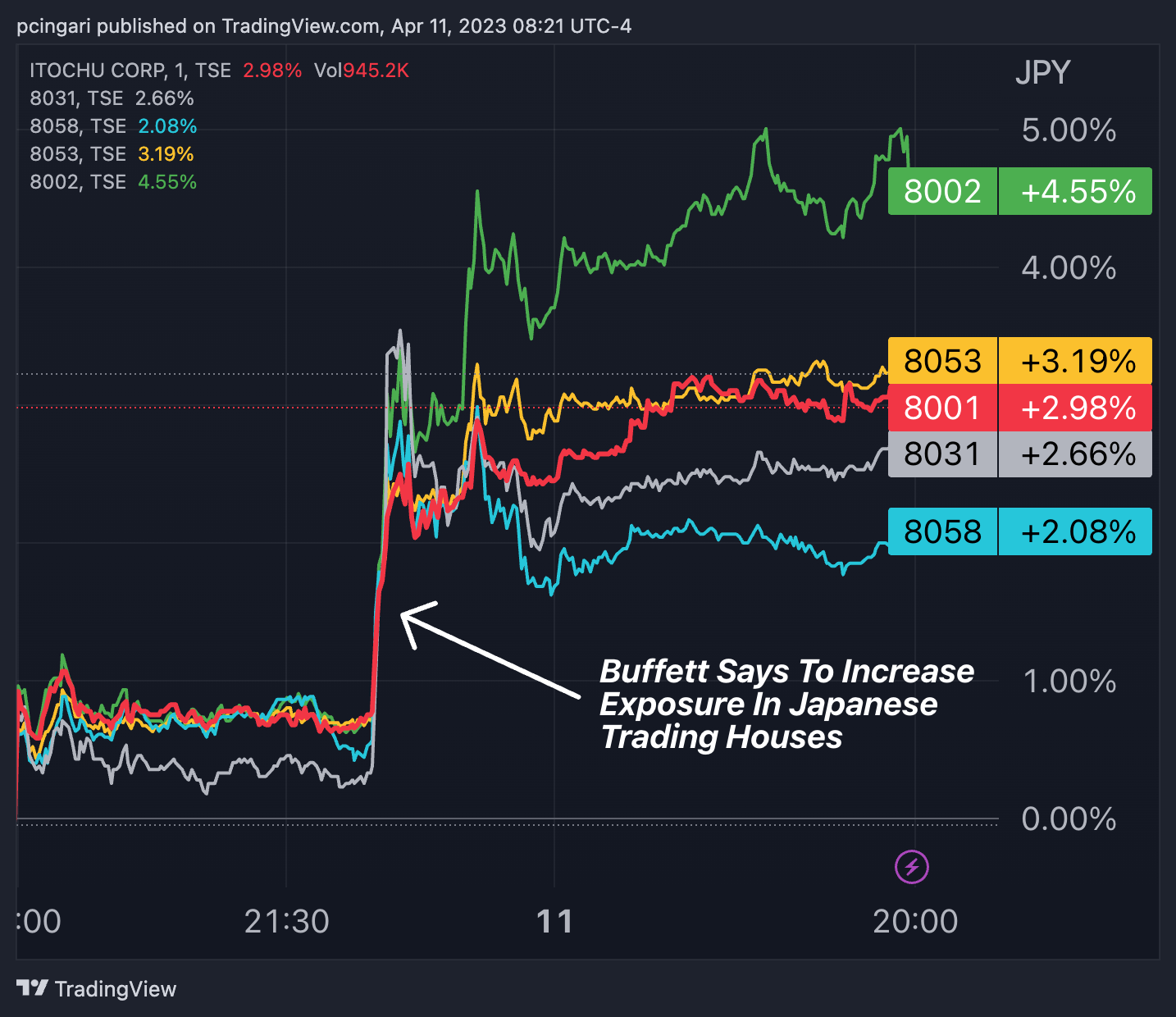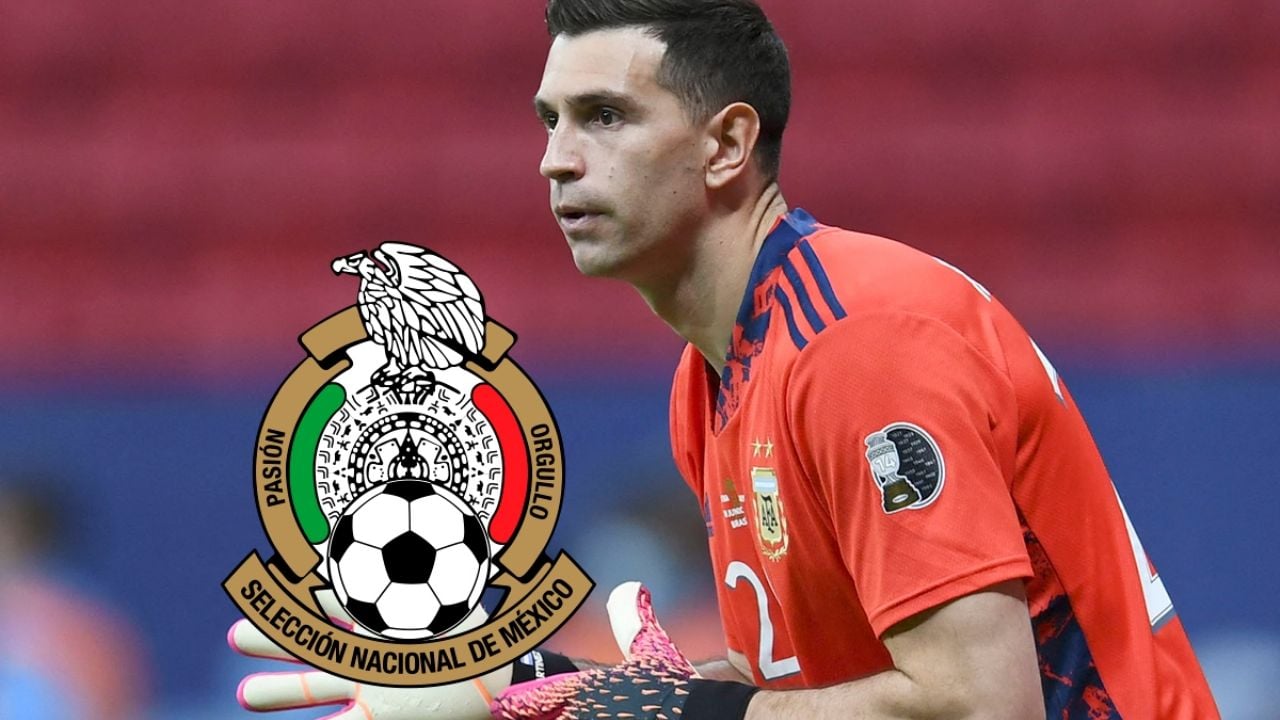The Vatican's Finances: Pope Francis' Unfinished Reform

Table of Contents
The Vatican's Complex Financial Structure
The Vatican's financial system is notoriously complex, a legacy of centuries of opaque practices and a lack of transparency. Historically, financial management lacked the standardized procedures and oversight common in modern institutions. Understanding the current state requires acknowledging this historical context. The lack of a unified, easily understandable financial structure has been a major obstacle to reform.
-
The role of the Governatorate of the Vatican City State: This body is responsible for the overall administration and management of the Vatican City State's finances, including budgeting, spending, and investments. Its influence and level of transparency have been subjects of ongoing debate.
-
The involvement of various departments and congregations: Numerous Vatican departments and congregations manage their own finances, often independently, leading to a fragmented and less-than-transparent system. This decentralization complicates efforts toward unified financial reporting.
-
The significant role of donations and investments: A substantial portion of the Vatican's income comes from donations and investments, making the organization heavily reliant on external sources. The management of these investments and the accountability of these donations has been a source of scrutiny.
-
Challenges posed by the lack of a unified financial reporting system: The absence of a single, standardized system for reporting financial data hinders effective oversight and makes it difficult to assess the Vatican's true financial position. This opacity fuels speculation and mistrust. This lack of a cohesive system makes it difficult to compare spending across departments and to accurately assess the overall financial health of the Vatican.
Pope Francis' Reform Efforts
Recognizing the need for greater accountability and transparency, Pope Francis has initiated several key reforms to modernize the Vatican's financial management. These efforts aim to bring the Vatican's financial practices in line with international standards and best practices.
-
Creation of the Secretariat for the Economy and its mandate: This new body was established to centralize financial management and improve oversight. Its mandate includes developing a comprehensive financial system and promoting greater transparency.
-
Establishment of AIF (the Vatican's financial intelligence unit): The AIF is tasked with combating money laundering and other financial crimes within the Vatican. Its creation reflects a commitment to adhering to international anti-money laundering regulations.
-
Implementation of new accounting standards: The Vatican has adopted new accounting standards to improve the accuracy and reliability of its financial reporting. This is a crucial step towards greater transparency and accountability.
-
Efforts to improve auditing procedures: Independent audits are now being conducted to enhance the reliability of financial reporting and to provide an objective assessment of the Vatican’s financial health. This is an ongoing process requiring significant internal cooperation.
Obstacles to Reform
Despite Pope Francis' commitment to reform, significant obstacles remain. Deep-seated cultural resistance to change and intricate power dynamics within the Vatican's bureaucracy continue to present challenges.
-
Deep-rooted resistance to change within the Vatican bureaucracy: Centuries of tradition and established power structures make it difficult to implement significant changes quickly. Some within the Vatican may resist reforms that could impact their authority or influence.
-
Concerns about potential loss of power and influence among certain factions: Reform efforts have inevitably led to resistance from those who fear losing control over financial resources and decision-making processes.
-
The complexities of navigating international financial regulations: The Vatican faces challenges in complying with international financial regulations, particularly given its unique legal status and historical financial practices. This requires international cooperation and expertise.
-
Legal and jurisdictional limitations: The Vatican's unique legal status creates complexities in implementing and enforcing financial reforms. International cooperation and legal expertise are essential for overcoming these limitations.
Assessing the Progress of Reform
While significant progress has been made, Pope Francis' reforms are still an ongoing work in progress. While greater transparency is evident, the full extent of the impact will take time to fully assess.
-
Improved reporting standards, but still room for improvement: While improvements in reporting standards have been observed, there's still considerable room for improvement in terms of comprehensiveness, timeliness, and accessibility of financial information.
-
Successes in combating financial misconduct, but ongoing challenges persist: The AIF has achieved some successes in combating financial crimes, but ongoing challenges persist in fully eradicating financial misconduct within the Vatican.
-
Increased transparency, although complete openness is yet to be achieved: While the Vatican's financial transparency has increased, complete openness is yet to be achieved, due to ongoing concerns about confidentiality and the sensitivity of certain financial matters.
-
The long-term sustainability of the reforms and their impact on the Vatican's future: The long-term success of the reforms hinges on sustained commitment and the ability to overcome persistent resistance to change within the Vatican. The reforms’ long-term impact will be critical in shaping the Vatican’s future.
Conclusion
Pope Francis' efforts to reform the Vatican's finances represent a significant undertaking with both progress and persistent challenges. While improvements in transparency and accountability have been made, the complex structure and inherent resistance to change within the Vatican continue to hinder complete success. Continued vigilance, both internally and externally, is crucial to ensure the long-term effectiveness of these reforms. Further investigation and analysis of the Vatican's finances is needed to fully understand the scope and impact of these ongoing changes. Understanding the intricacies of Vatican financial reform is vital for comprehending the future of this influential institution. Let’s continue to monitor the evolution of the Vatican's finances and the ongoing impact of Pope Francis' reform efforts.

Featured Posts
-
 Epic Crypto Stories From Humble Beginnings To Billion Dollar Empires
May 08, 2025
Epic Crypto Stories From Humble Beginnings To Billion Dollar Empires
May 08, 2025 -
 Long Term Investment Berkshire Hathaways Impact On Japanese Trading Houses
May 08, 2025
Long Term Investment Berkshire Hathaways Impact On Japanese Trading Houses
May 08, 2025 -
 Ethereum Price Holds Strong Potential For Significant Gains
May 08, 2025
Ethereum Price Holds Strong Potential For Significant Gains
May 08, 2025 -
 Sergio Hernandez El Desafio De Entrenar Al Flamengo
May 08, 2025
Sergio Hernandez El Desafio De Entrenar Al Flamengo
May 08, 2025 -
 Supermans Cinema Con Presentation A Closer Look At Kryptos Story
May 08, 2025
Supermans Cinema Con Presentation A Closer Look At Kryptos Story
May 08, 2025
